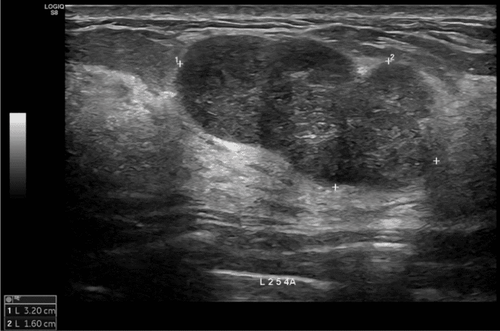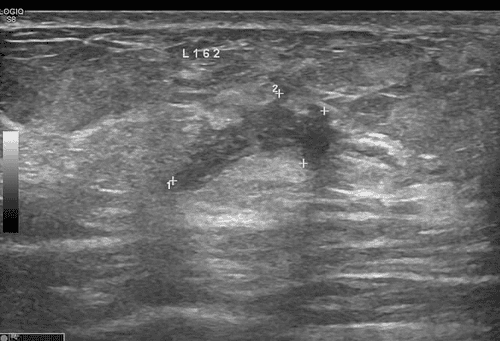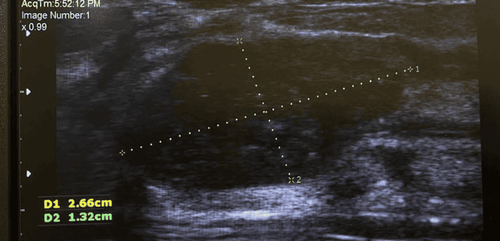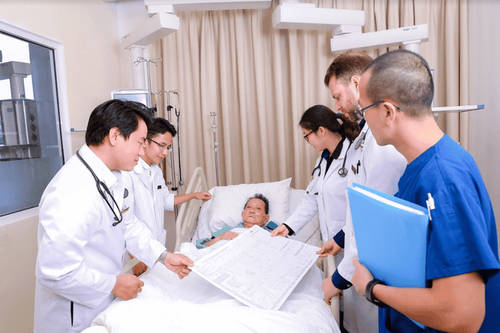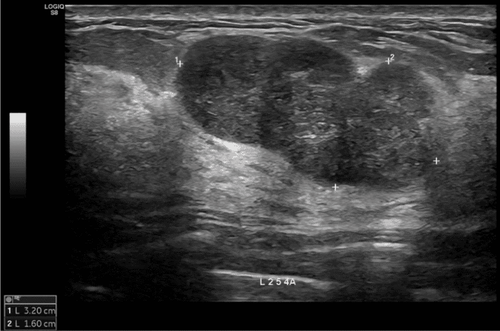A patient with late-stage esophageal cancer in a precarious location and suffering from tracheal stenosis was successfully treated at Vinmec Hospital through a combination of coordinated, optimized treatments and advanced equipment.
The courageous battle journey of a late-stage esophageal cancer patient at Vinmec.
Patient N.X.T (born in 1970 in Hanoi), who had undergone a partial laryngectomy for laryngeal cancer eight years prior, was diagnosed with esophageal cancer in the upper and middle third of his esophagus in March 2024. The tumor was already advanced, large, and had spread to surrounding tissues and lymph nodes. His long-standing history of hypertension and diabetes made surgery impossible at two other major hospitals, leading him to seek treatment at Vinmec.
Following the patient's admission, the Multidisciplinary Tumor Board (MTB) at Vinmec International Hospital Times City recommended concurrent chemoradiation therapy to remove the tumor completely. However, the tumor showed an incomplete response, presenting a significant challenge to the medical team. Surgery became the patient's only chance of survival.
Associate Professor Pham Duc Huan, Director of the Center for Gastroenterology, Hepatobiliary, and Urology, and Co-Chairman of the Multidisciplinary Tumor Board, explained: “The PET CT scan showed only a residual core of activity, indicating a good response to the chemoradiotherapy. This suggests the tumor is now significantly smaller than seen on the original CT scans. Therefore, despite the considerable challenges of anesthesia, surgery remains a possibility. We recommended minimally invasive (endoscopic) tumor removal, performed by the highly experienced esophageal surgery team at Vinmec Times City.

The decision was a difficult one because the tumor, after radical chemoradiotherapy, was extensively adhered to vital structures such as the heart, trachea, and thoracic aorta. Surgeons are required to have expertise and precise dissection skills to ensure patient safety.
Breakthrough in endoscopic surgery for esophageal cancer: From tracheal stenosis challenge to rapid recovery
One of the most significant challenges encountered during the operation was tracheal stenosis, a consequence of the patient's laryngeal surgery eight years prior. The narrowed portion of the trachea measured approximately 6mm in diameter, half the typical size, making intubation difficult and risky.
"We had prepared three anesthesia strategies: our first choice was to attempt intubation with a smaller endotracheal tube, with tracheostomy and ECMO (extracorporeal membrane oxygenation) on standby as backup options. All necessary resources and equipment were readily available in the operating room to manage any potential complications,” explained Dr. Vu Tuan Viet, Head of Anesthesiology and Pain Management.
Throughout the 8-hour operation, the surgical team successfully removed the entire tumor and reconstructed a new esophagus in the retrosternal space. This approach preserved the patient's ability to swallow and maintain a good quality of life.
Postoperatively, the patient’s recovery was faster than anticipated due to the use of advanced pain management techniques and the ERAS (Enhanced Recovery After Surgery) protocol. The patient was discharged after just 7 days, compared to the typical 10–15 day hospital stay.
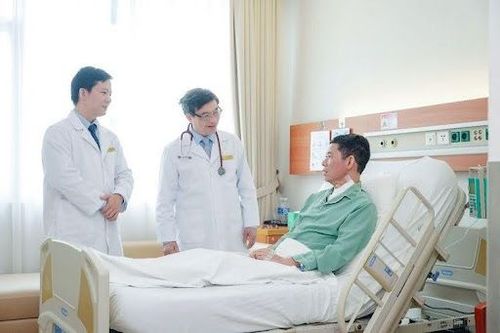
Esophageal cancer surgery, particularly esophageal reconstruction using the stomach or colon, remains one of the most complex procedures in gastrointestinal surgery. To achieve radicality, removing the maximum cancerous tissues for patients, the common esophageal surgery method in many hospitals around the world is still open surgery.
Associate Professor Pham Duc Huan, MD, PhD, Director of the Center for Gastroenterology - Hepatobiliary - Urology, is one of the two pioneering surgeons in Vietnam to perform laparoscopic surgery for esophageal cancer. He has now performed thousands of such procedures, with many patients surviving for 10 to 20 years post-treatment. Under his leadership, over 95% of gastrointestinal cancer surgeries at Vinmec are now performed using minimally invasive techniques.
The hospital always updates the latest cancer treatment guidelines from the US and Japan…, ensuring the application of advanced medical advances. Surgeries are performed with modern pain relief methods, especially without using morphine, combined with care according to the Enhanced Recovery After Surgery (ERAS) model, helping patients recover quickly and be discharged early.
To arrange an appointment, please call HOTLINE or make your reservation directly HERE. You may also download the MyVinmec app to schedule appointments faster and manage your reservations more conveniently.
